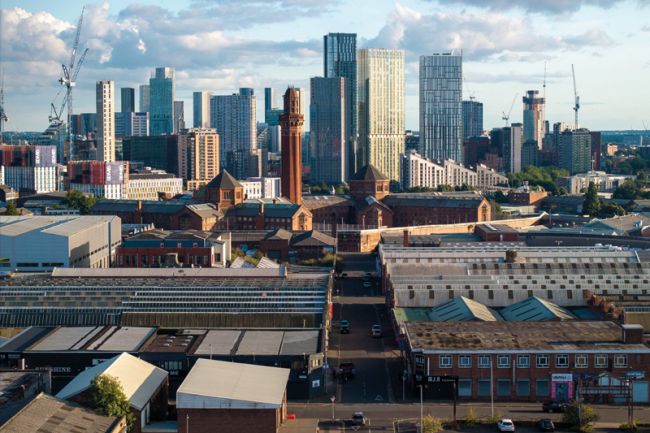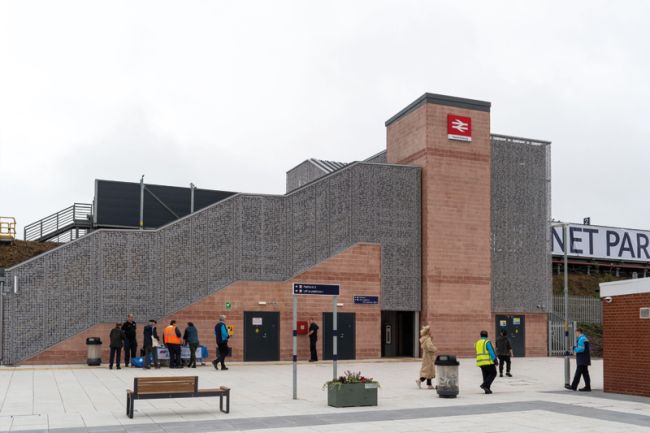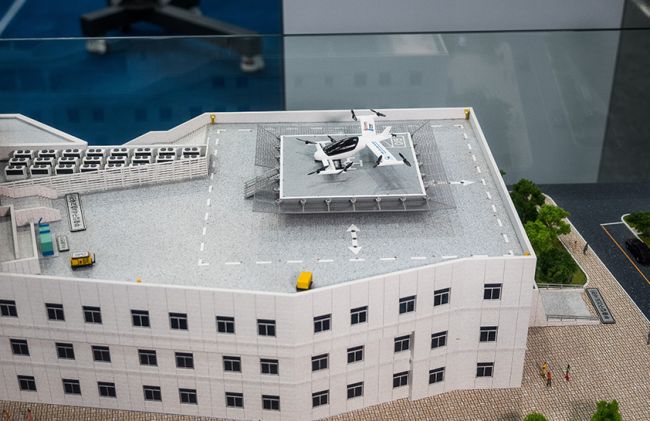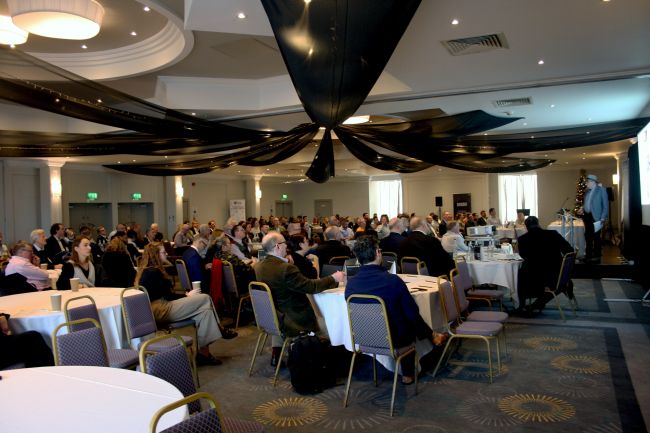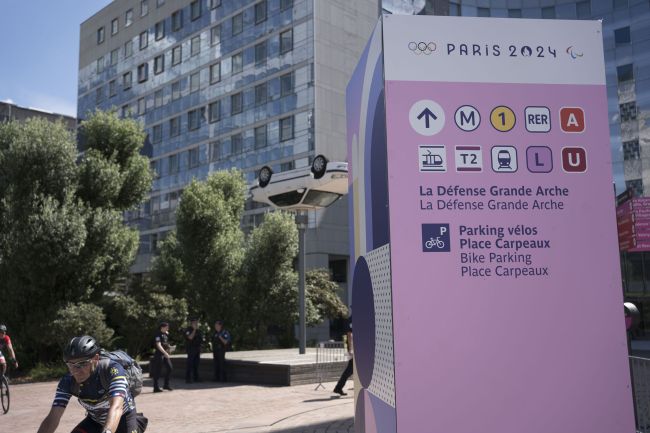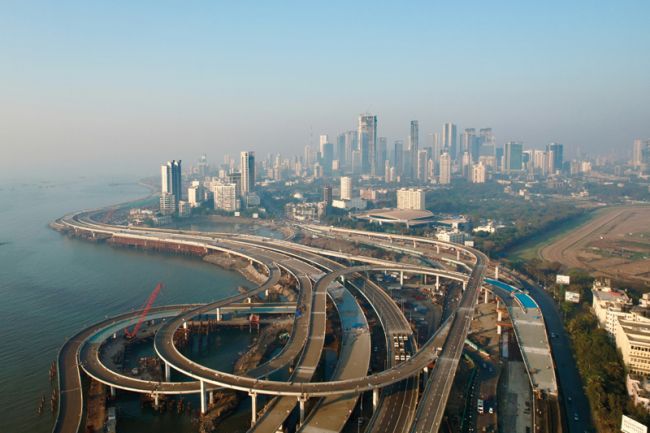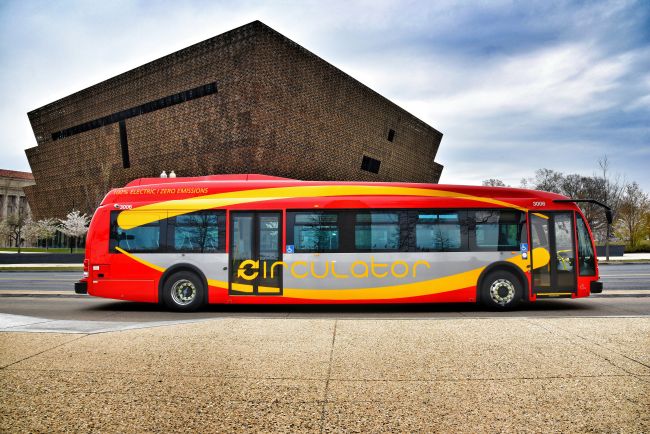If remote workers are here to stay, then business travel isn’t going away
Our work culture experienced profound disruption in 2020. Sadly, many industries have and continue to be devastated by COVID-19.
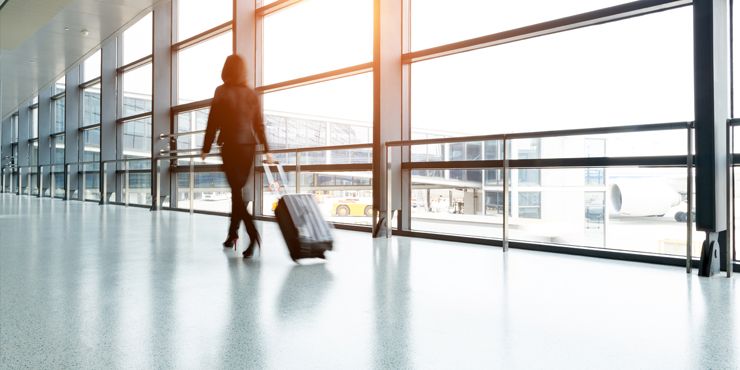
Our work culture experienced profound disruption in 2020. Sadly, many industries have and continue to be devastated by COVID-19 – here is hoping for a brighter 2021 for them. But many other sectors managed to adapt remarkably well in 2020, primarily by utilizing technology to retain a remote workforce and keep staff and clients engaged. As a result, there is considerable interest and speculation about whether adaptations originally meant to be interim solutions are temporary or represent the beginning of a new normal for today’s work culture. The impact of these changes, if permanent, would be profound and wide-ranging throughout business and society.1 Two of the more tangible changes may include:
- Physical offices and commuting: As COVID lockdowns spread, organizations closed offices and sent staff to work from home. Months later, downtown commercial real estate values are in flux while home prices in many suburban and rural areas have exploded.2 Organizations may seize the opportunity for significant savings on real estate costs by reducing downtown office space and asking more workers to remain remote. Do we ever need to return to commuting to a downtown office every day?
- Business travel: Business travel has nearly completely disappeared3 as employers are hesitant to navigate the ever-changing travel restrictions or take on potential liability related to travel during COVID. The reduction of business travel similarly promises significant cost savings to businesses and saves time for employees. Do we need to travel for work now that video-calls have been normalized and, if so, how often?
Those answering “no” to the questions above are likely using the same rationalization in both cases4 – that the technology solutions out there are simply good enough to outweigh the costs of the “old” norms. But is it possible these trends, which may initially seem consistent, may actually be opposing?
Remote workers will likely require at least some face to face interaction with coworkers and clients. As a result, at least limited travel may become the new norm for many workers who previously commuted into an office and saw their colleagues on a regular basis. It’s conceivable that in a post-COVID world, many more workers will be hired on a remote basis right from Day 1. But it’s hard for me to imagine many workers will spend their entire careers at an organization without meeting colleagues, superiors, or supervisees. I’ve found from personal experience that regular travel, even if relatively infrequent, is a key component of making remote work most successful.
But it seems that many predictions on the loss of business travel are ignoring this potential permanent growth in the population of remote workers. For instance, one recent report projected a permanent loss of 19-36% of business travel. The report interestingly identified trip purpose – for instance assuming approximately 35% of business travel was for “internal” purposes, and then going on to reasonably suggest that this internal travel segment was most likely to be reduced going forward – by 40% or more. But the report seems to ignore the possibility that there may be higher numbers of remote workers who would require at least some regular travel for internal purposes. Could this higher number of unique travelers offset the decreased travel frequency of other staff who used to travel often?
Rather than a massive reduction in business travel, I think it is likely that what we will see is a change in the business travel mix, particularly as it relates to those “internal” oriented trips. There may well be fewer of the highest frequency travelers (those traveling weekly for instance) but a larger population of regular but infrequent business travelers (those traveling less than monthly) driven by the increase in remote workers. It’s also worth considering that remote workers may be able to travel more for leisure as they can work remotely from different locations, raising the possibility of more “bleisure” trips that were increasingly common even before COVID.5
Time will tell, but the rush to pronounce business travel as a victim of the technology revolution may actually be underplaying the degree to which that very technology is changing work-culture in ways that will make business travel more important than ever to new segments of the workforce.

